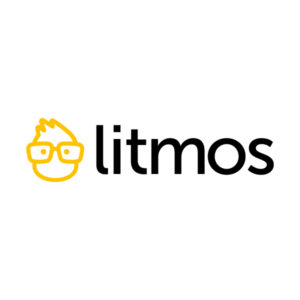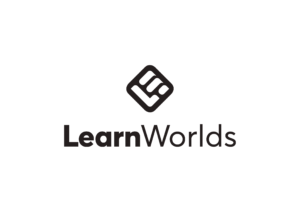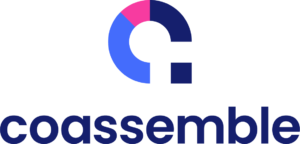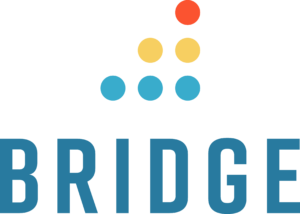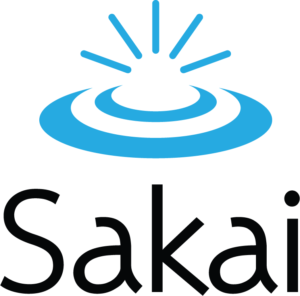Why Nonprofits Need An LMS For Training And Development
Managing training manually can be challenging, especially for nonprofits with limited resources. An LMS streamlines training efforts, making it easy to provide consistent education across different teams, locations, and audiences.
With an LMS, nonprofits can:
- Train volunteers and staff efficiently by offering structured learning modules.
- Reduce training costs by eliminating travel and printed materials.
- Ensure compliance and safety by tracking certifications and required courses.
- Increase engagement with interactive content like quizzes, videos, and discussion forums.
- Measure impact with built-in reporting tools that track learning progress.
Key Features Of An LMS For Nonprofit Organization Management
When selecting an LMS for a nonprofit, look for:
- User-friendly course creation: Easily create training programs for staff, volunteers, and community members.
- Mobile and remote access: Ensure learners can access courses anytime, from anywhere.
- Certification and compliance tracking: Keep track of required courses and training completion.
- Gamification and engagement tools: Use quizzes, leaderboards, and interactive elements to improve learning.
- Reporting and analytics: Measure the effectiveness of training programs with detailed insights.
How An LMS Benefits Nonprofits, Volunteers, And Employees
An LMS provides nonprofits with a cost-effective and scalable way to train teams. Employees and volunteers receive structured learning, helping them understand the organization's mission, compliance policies, and best practices.
For nonprofit leaders, an LMS provides real-time tracking of who has completed training, ensuring that teams are well-equipped to carry out their responsibilities. Volunteers can learn at their own pace, reducing the need for in-person training sessions and making education more accessible.



